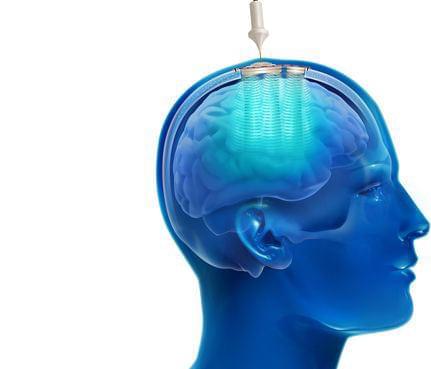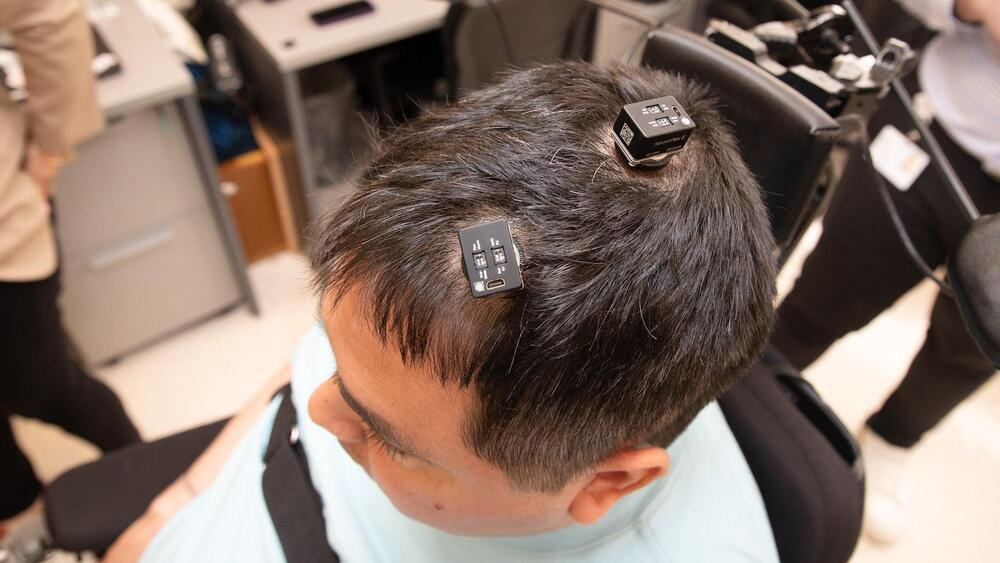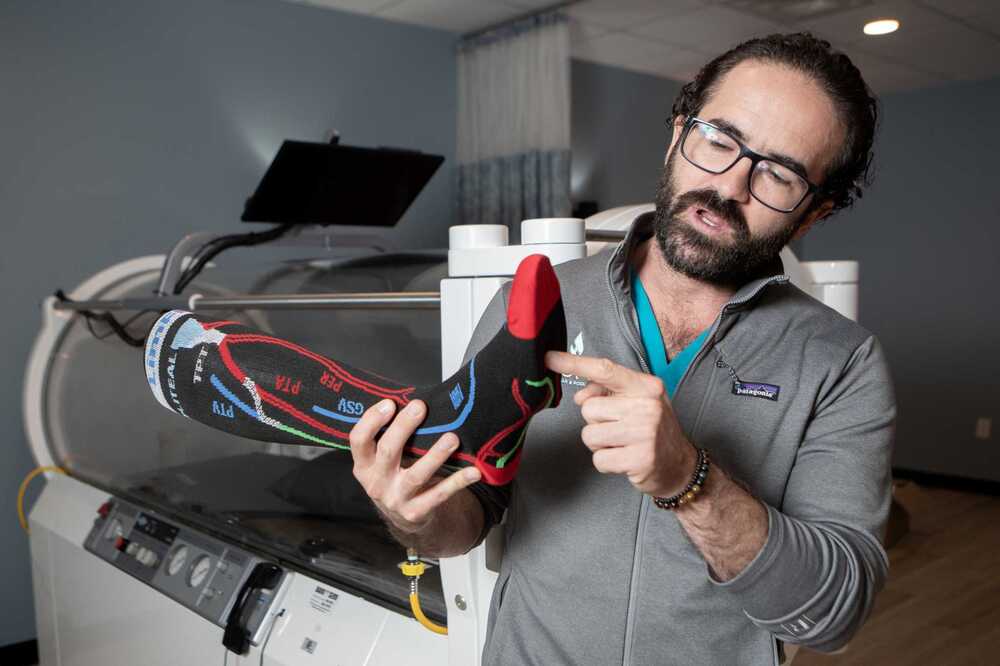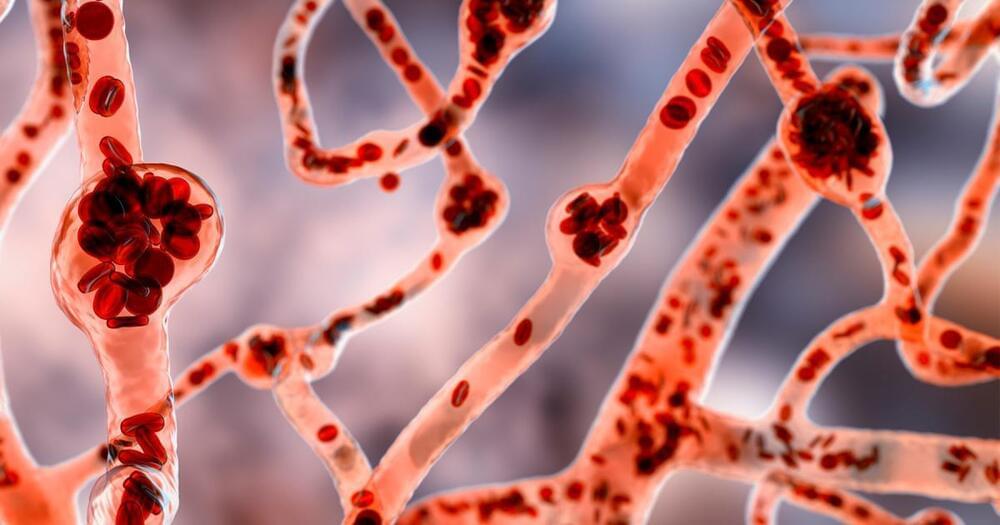Johns Hopkins University (JHU) researchers have developed an experimental brain cancer treatment that not only cured 100% of mice that received it, but also trained their immune systems to fight future cancers.
The challenge: Glioblastoma is a rare but aggressive type of brain cancer — only 5% of patients live for more than five years after they’re diagnosed, and the average survival time is just 12–18 months. It is considered the deadliest kind of cancer.
The standard glioblastoma treatment regimen starts with surgery to remove as much of the tumor as possible. After that, patients typically undergo chemo or radiation therapy to kill lingering cells.








